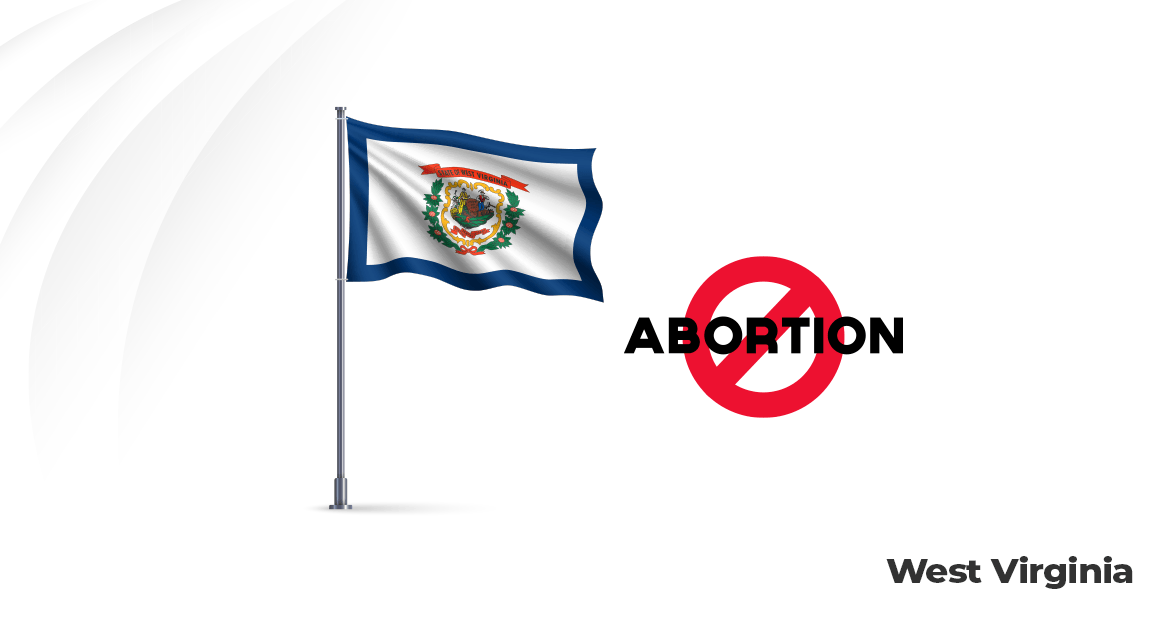
On Friday, Governor Jim Justice of West Virginia signed a bill that made it legal to restrict nearly all abortions with only a few exceptions.
The legislative body passed the bill on Thursday. It makes exceptions for rape or incest up to eight weeks of pregnancy for adults and 14 weeks of pregnancy for minors, a fetus that is not medically viable, an ectopic pregnancy, or a medical emergency.
On Twitter, Attorney General Jim Justice stated, "I said from the outset that if WV legislators offered me a bill that protected life and had fair and logical limitations, I would sign it, and that is what I did today."
If a person has been raped or incestuously abused, they must report the incident to law authorities at least forty-eight hours before obtaining an abortion. The law mandates that any abortion procedures take place within a medical facility. Suppose the procedure is carried out by an individual who does not hold a valid medical license. In that case, that person could be charged with a felony and spend up to ten years in jail because of what they did.
The law will take effect as soon as it is signed, but the criminal penalties included in the bill will not be enforced for another three months.
Since the Supreme Court decided to throw out Roe v. Wade, many states have made it harder to get an abortion. West Virginia is the most recent state to do so, joining a rising number of other states that have done so.
In recent months, it has seemed that the most prominent lawmakers and leaders in West Virginia are not on the same page on abortion. Justice, who was elected governor for the first time as a Democrat before converting to the Republican Party in 2017, has maintained that he supports the new law because it provides reasonable exclusions. He believes this to be the primary reason for his support of the measure. West Virginia Senator Joe Manchin, a Democrat, has maintained for a long time that he is an anti-abortion Democrat; nevertheless, once the Supreme Court handed down the Roe v. Wade decision, he stated that he would vote to make the ruling into law. In May, he cast a vote against Democratic abortion legislation that would have guaranteed access to abortion more comprehensively than Roe did.
Sen. Shelley Moore Capito (R-West Virginia), who during her time in the House of Representatives was one of the minorities of Republicans to support abortion rights, has come out in support of state laws that place restrictions on the practice.

